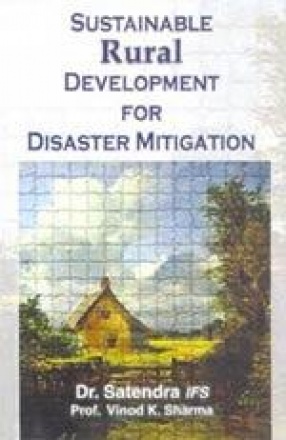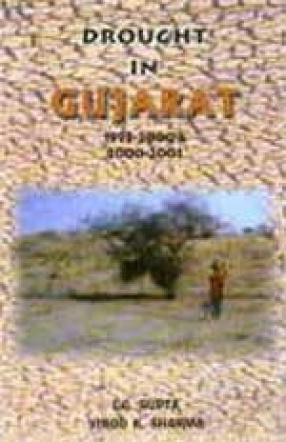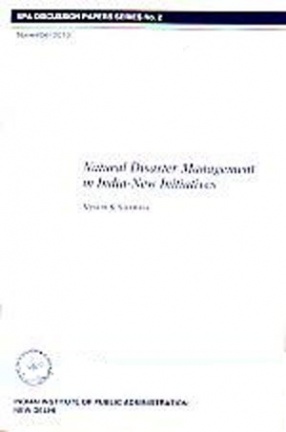Sustainable Rural Development for Disaster Mitigation
Synopsis
India, due to its geographical position, climate and geological setting is one of the most disaster prone countries of the world and has been experiencing natural disasters every year. Though whole of the country is more or less affected by common disasters, the impact of these disasters on rural population due to its physical, poor socio-economic and specific socio-cultural condition is comparatively more and long lasting. If we analyse the Indian rural society in the context of vulnerability, it is found to be much more vulnerable to natural disasters in comparison to its urban counterpart. The book, as indicated by its name aims to apprise the readers about the impact of natural disasters on rural society and its management. It contains seven chapters with an introduction giving details about disasters, disaster management cycle and recent trend in dealing disasters. After discussing the disaster trend at world level and India, the book attempts to critically analyse the vulnerability of the country to various forms of disasters. The book gives detail of different factors influencing the vulnerability of different factors influencing the vulnerability of rural society to the natural calamities and problems and shortcomings of prevailing disaster management system. After critically analysing the rural disaster management situation, the book concludes that it is the sustainable rural development approach that can mitigate the disasters in rural India with a long-term perspective. The book suggests the role of PRIs, as implementing agency in managing disaster, in an effect manner in rural areas. The disaster management planning at village level and utility of management tools in disaster management planning is discussed in detail in the last chapter of the book.
Read more
25.20
22.68
$
28.00 $
Free delivery Wolrdwidе in 10-18 days
Ships in 1-2 days from New Delhi
Membership for 1 Year $35.00
Get it now and save 10%
Get it now and save 10%
BECOME A MEMBER











Bibliographic information
Vinod K Sharma